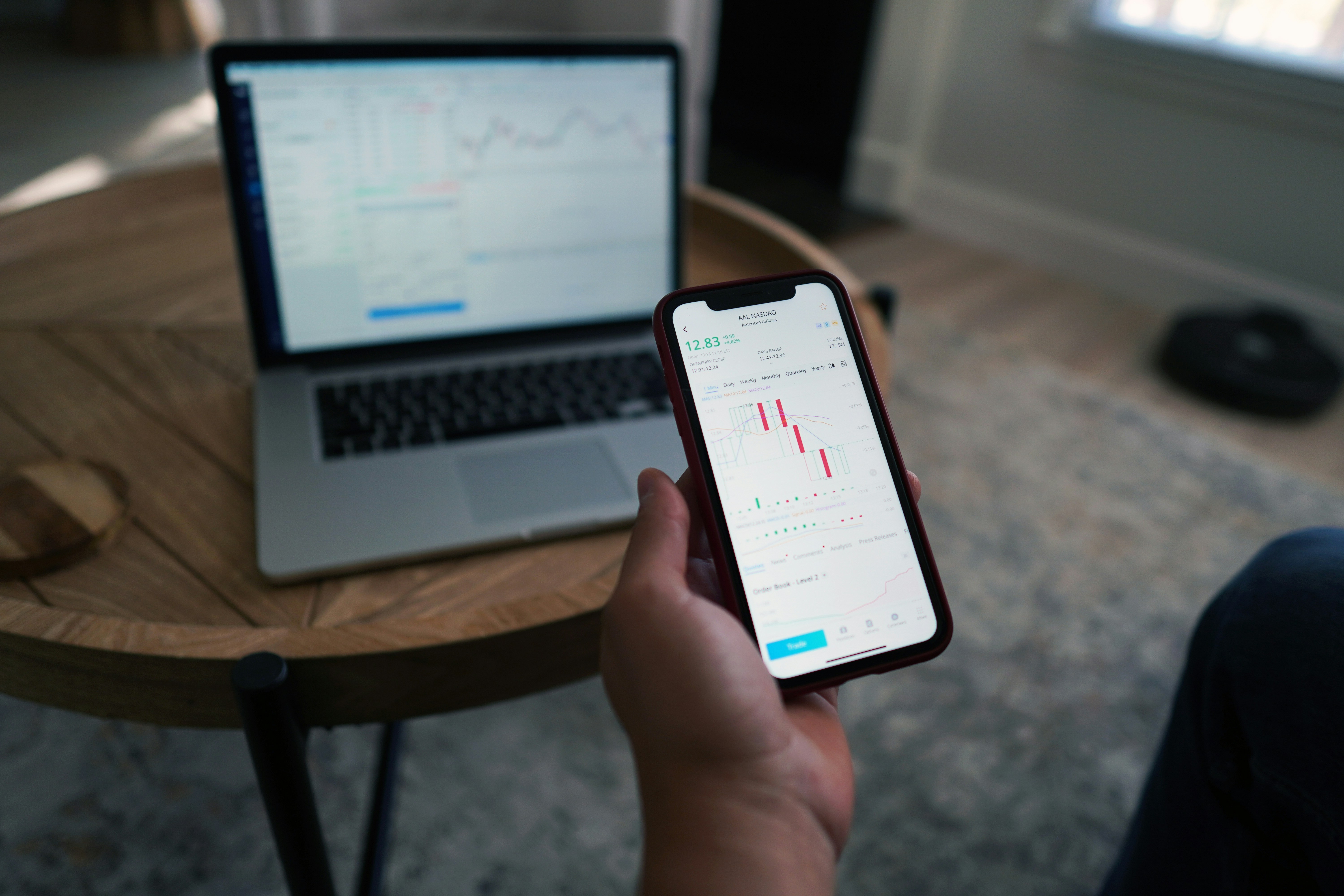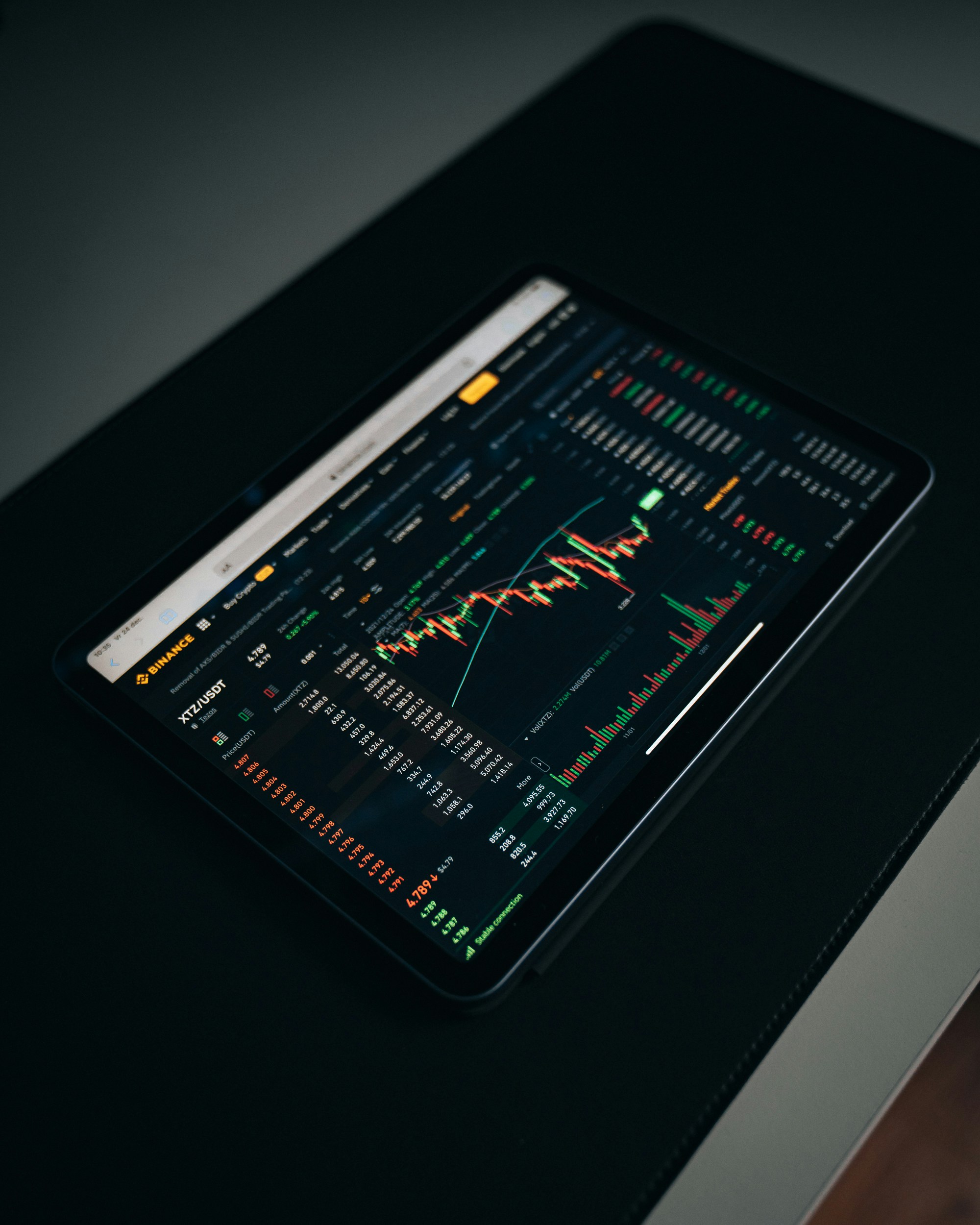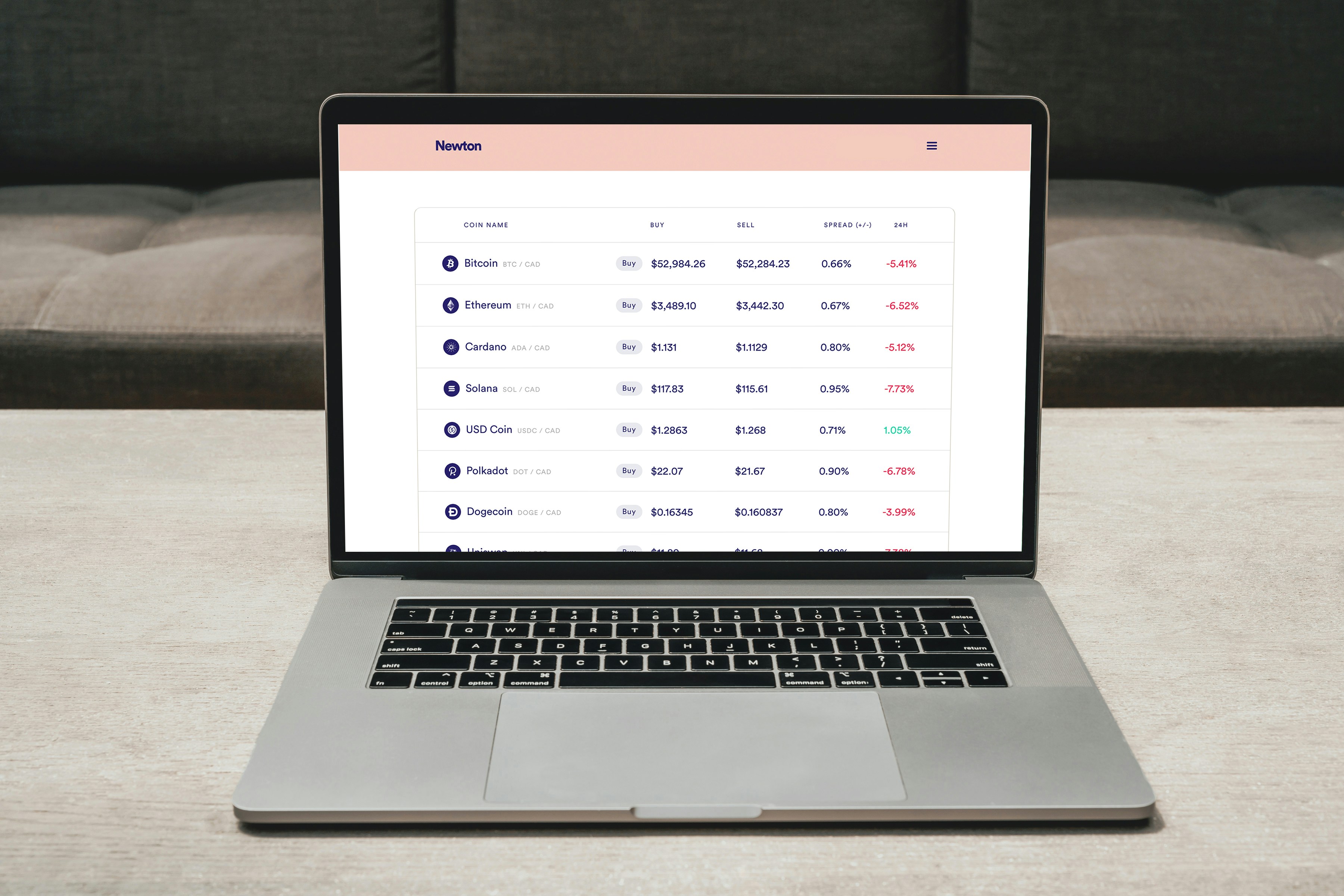
Introduction to Robinhood
Robinhood is a pioneering fintech platform that has significantly impacted the investment landscape since its inception in 2013. Founded by Vladimir Tenev and Baiju Bhatt, Robinhood’s primary mission is to democratize finance for all by offering commission-free trading services. This innovative approach has disrupted traditional trading platforms, which typically require substantial fees for transactions, making investment more accessible to a broader audience, notably first-time investors and younger demographics.
One of the defining features of Robinhood is its user-friendly mobile application, which has been designed to simplify the trading experience. With an intuitive interface, users can easily navigate through various investment options, from stocks to ETFs and cryptocurrencies. This streamlined accessibility enables individuals with little to no prior knowledge of stock trading to begin their investment journey confidently. Additionally, Robinhood’s commitment to eliminating trading commissions has further motivated many individuals to engage in the stock market, reinforcing the platform’s role as a key player in modern investing.
Moreover, Robinhood offers the option for fractional shares, allowing investors to purchase a portion of a stock rather than needing to buy a whole share. This feature significantly lowers the barrier for entry, as it permits individuals to invest in high-value stocks with minimal capital, encouraging a diversified portfolio. By combining these elements, Robinhood has created an inclusive environment for trading, aligning with its core philosophy of making financial markets accessible to everyone.
Overall, Robinhood trading stands as a testament to how technology can transform financial services, empowering users to take control of their investments while fostering a culture of financial literacy and participation. The platform continues to evolve, reflecting changing market dynamics and user preferences, further entrenching its position in the realm of investment technology.
How Robinhood Works
Robinhood trading operates on a straightforward platform that is designed to appeal to both novice and experienced investors. Users begin by setting up an account, which involves downloading the mobile application or accessing the website. The registration process is user-friendly, requiring users to provide basic personal information and verify their identity. Once registered, individuals can fund their accounts using various payment methods, ensuring a seamless transition into the world of investing.
One of the platform’s standout features is its intuitive user interface, which allows traders to navigate easily through various investment options. The main dashboard displays critical information such as account balance, stocks, ETFs, options, and cryptocurrency prices, enabling users to monitor their portfolios effortlessly. Additionally, Robinhood offers different types of accounts, including standard brokerage accounts and retirement accounts such as IRAs, catering to a range of investment strategies.
When it comes to executing trades, Robinhood has simplified the process by allowing users to buy or sell stocks with a few clicks. Traders can place market orders, limit orders, and stop orders directly from their devices. This efficiency is complemented by the role of market makers, who facilitate stock transactions by providing liquidity. Market makers ensure that there is always a buyer for a seller and vice versa, thus maintaining a smooth trading experience.
Notably, Robinhood generates revenue through a practice known as payment for order flow. This means that when users execute trades, their orders are sent to market makers, who compensate Robinhood for this service. While this revenue model has drawn scrutiny from some critics, it allows Robinhood to offer commission-free trading, further democratizing access to financial markets. Through these mechanisms, Robinhood operates as a revolutionary platform, making trading more accessible for everyone.
Risks and Considerations
While Robinhood trading has democratized access to financial markets for many individuals, it is crucial to understand the inherent risks and challenges that accompany this platform. One prominent risk is the tendency for overtrading. The user-friendly interface and commission-free trading model may encourage inexperienced investors to execute trades more frequently than necessary, leading to potential losses due to hasty decisions or emotional trading. Frequent buying and selling can exacerbate market exposure and increase transaction costs, undermining long-term investment strategies.
Additionally, Robinhood users often face a lack of comprehensive educational resources. Although the platform offers some basic tools and insights, it may not provide the depth of knowledge that traditional brokerages offer. This can result in investors making uninformed decisions that could significantly impact their portfolios. It is essential for traders to seek out additional resources and education, as a poor understanding of market mechanics can lead to substantial financial setbacks.
Market volatility is another critical consideration for individuals utilizing Robinhood for trading. The stock market can experience rapid changes due to various factors, such as economic indicators, geopolitical events, and company performance. For novice investors, the fast pace and unpredictability of the market can be daunting and may lead to panic selling or buying without adequate analysis. Moreover, the platform faced regulatory scrutiny following the 2020 GameStop incident, where its trading restrictions raised questions about market manipulation and fair access. This incident highlighted the regulatory concerns associated with Robinhood, prompting discussions about the need for improved investor protections and transparency in trading practices.
In conclusion, while Robinhood trading offers an innovative approach to investing, it is vital for users to be aware of the risks involved. Understanding the implications of overtrading, the need for educational resources, and the effects of market volatility will empower investors to make more informed decisions in their trading endeavors.
The Future of Trading with Robinhood
The emergence of Robinhood trading has significantly transformed the investment landscape, particularly by empowering retail investors to participate in the markets with unprecedented ease. As more individuals gain access to commission-free trading through platforms like Robinhood, there is a notable trend of increasing retail investor participation in the stock market. This democratization of investment aligns with a growing desire for financial independence and wealth accumulation among the general public.
Moreover, technology continues to play a pivotal role in shaping the future of trading. The rise of mobile applications, coupled with advancements in algorithmic trading and artificial intelligence, is enhancing the trading experience. With features like real-time data analysis and personalized trading alerts, platforms such as Robinhood are not just facilitating transactions but also educating and informing novice investors. This technological integration allows users to make more informed investment decisions, catering to their risk tolerance and financial goals.
As the landscape evolves, regulatory changes may also play a significant role in shaping the future of Robinhood trading. Increasing scrutiny from financial regulators could lead to more stringent compliance requirements for trading platforms. This may affect how Robinhood operates, potentially instituting changes that preserve user interests while ensuring market integrity. For instance, regulations surrounding payment for order flow, which has drawn considerable attention, might necessitate alterations in how Robinhood generates revenue and serves its users.
In light of these developments, it is essential to consider how Robinhood might adapt to the changing environment. The platform may expand its offerings to include educational resources, investment diversification options, and more sophisticated trading tools to accommodate an evolving clientele. Overall, the future of trading with Robinhood is poised for significant transformation, driven by technology, a surge in retail investors, and the anticipated evolution of regulatory standards.





